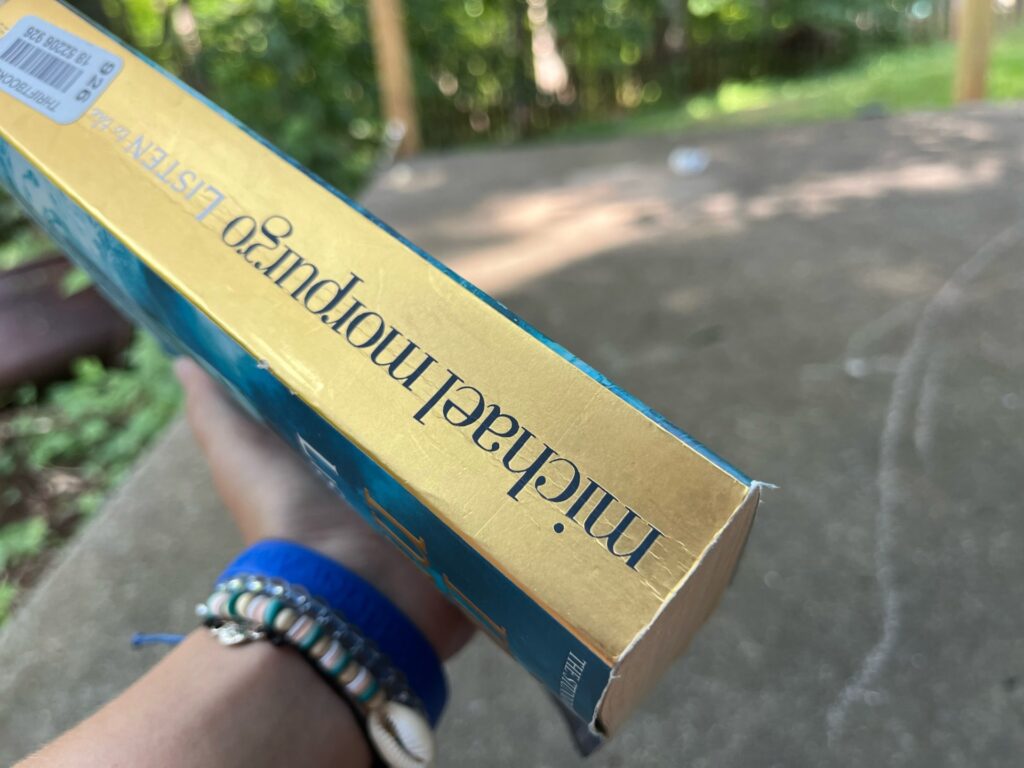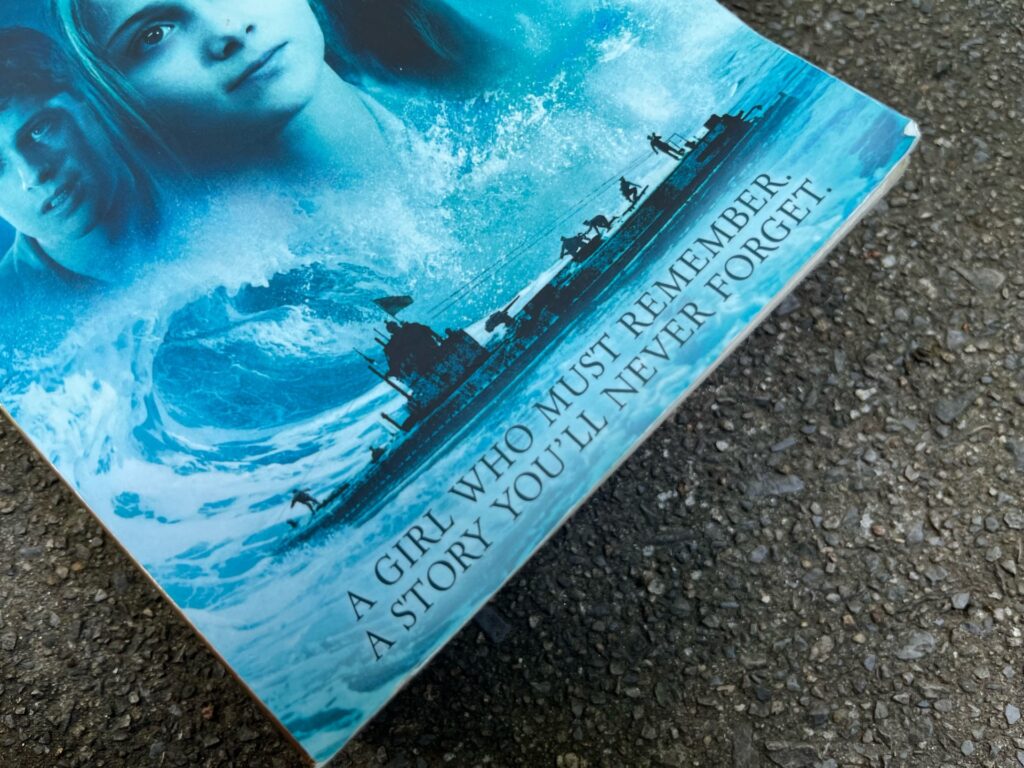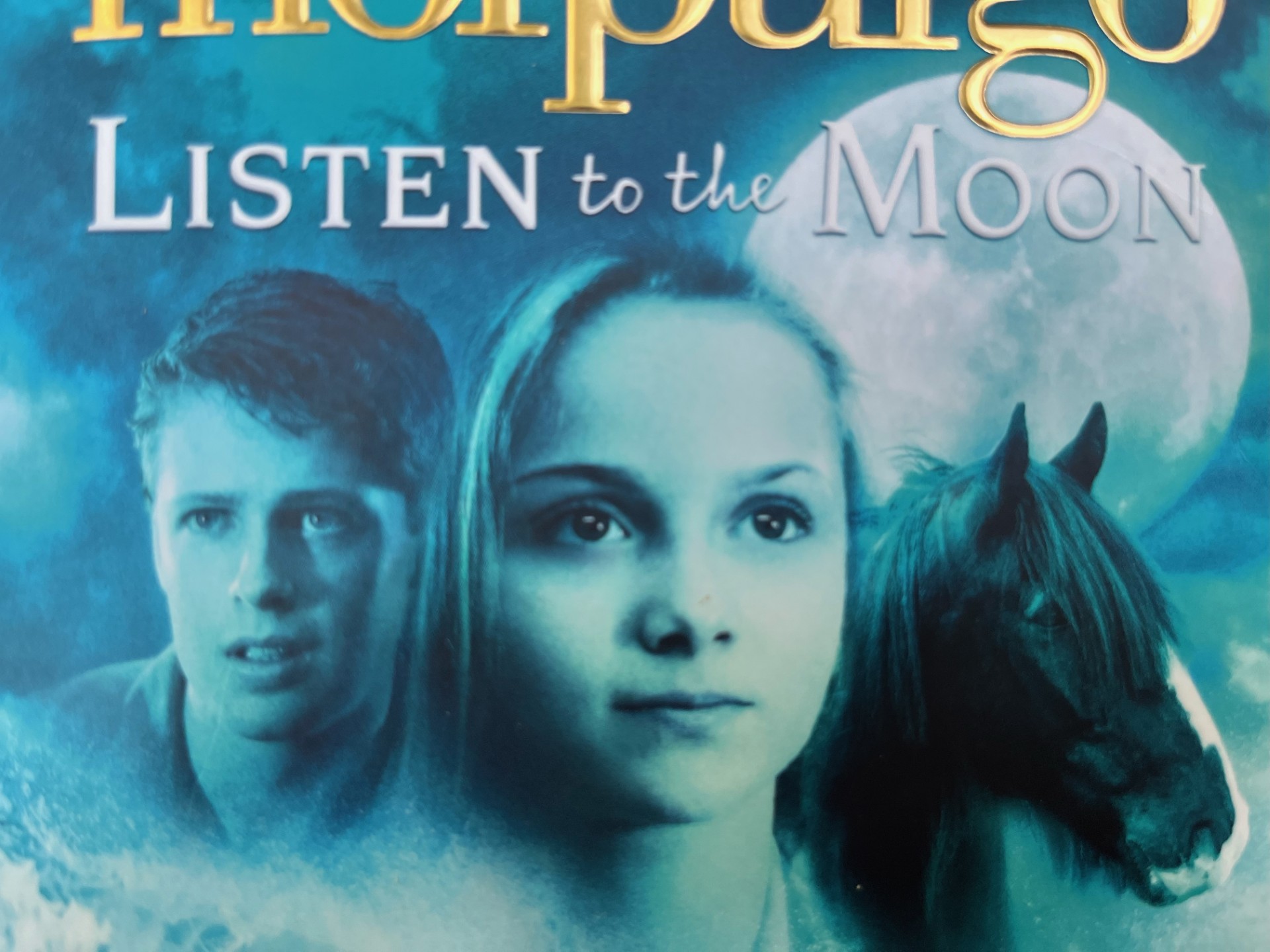Imagine if you forgot everything. Your name, where you come from, the people that you know. Suppose you did not know the skills that you possess. If you could not remember how to clean, how to write, or even how to speak. Who would you be then? Are our memories what make us who we are?
The novel Listen to the Moon explores these questions as well as many others. Written by Michael Morpurgo, it takes us back to the restless times of World War I. We see how prejudice and fear can affect a culture and turn kind people into cruel ones. It is a riveting read and convicting as we see ourselves reflected in a dirty mirror.
The story begins when a father-son pair who lives in the islands of Scilly goes out for their daily fishing. They end up close to an abandoned island that used to be used as a quarantine island. As they near the island, the boy hears a child crying. He convinces his father to search the island and they find a 12-year-old girl, half-starved, delirious, and abandoned. They accidentally startle her and she injures herself trying to get away. The single word she utters before she loses consciousness is “Lusy,” which they assume is her name.
They take her back to their home where they have called a doctor. As she is slowly nursed back to health, their need for a doctor becomes less for physical issues and more for mental and emotional ones. The girl cannot speak and does not know who she is or where she comes from. She appears to be incredibly traumatized by some heavy ordeal and at first, it is impossible to convince her to do so much as leave her room. The only clues they have to her identity are a much-mangled teddy bear and a blanket with a German name on it.

As the weeks go by, Lucy slowly emerges from her shell. While she does not regain her speech or identity, she starts to display a special delight in music and shows exceptional skill as a piano player. She also tames an obstinate horse the islanders share and rides it constantly. She makes good friends with the boy who found her. Unfortunately, she has a much harder time fitting in at school. She struggles with basic concepts and her inability to speak brings a lot of division between her and her peers. The headmaster is a man who is known for being rigidly strict and lacks understanding and compassion for the mentally ill or those with learning disabilities.
As word leaks out about the German word on her blanket, things get even harder for the loving family. People start to believe that she is a German and that is why she refuses to speak. Hatred pours out for the family and people do anything they can to show their disapproval of them caring for Lucy. Lucy and her friend are heavily bullied at school and involved in fights often. A once supportive and kind community now turns against them with a violence unheard of.
As we hear Lucy’s story, we are also periodically thrown first hand accounts of a girl named Merry. This girl and her mother live in America, but her parents are Canadian. Her father goes off to fight in the war for Canada because of his sense of brotherhood with his fellow country men. Her family is well-off, and she delights in playing the piano and riding the horses in her stable. When her family finds out that her father is injured and in a hospital in England, her mother decides that they should travel to England and be with him, despite it being incredibly dangerous to sail in British waters at that time in history.
And so, they board the Lusitania. I am sure it is a surprise to see where this is going, but the Lusitania gets torpedoed. Merry makes it on to a life boat but her mother does not and she sees her drowned in the water. Her life boat, after several hours, ends up capsizing. Merry tries to swim, carrying a little girl she had found on the lifeboat with her. They find the ships grand piano floating in the ocean and are able to climb aboard it. Merry is so exhausted that both her and the little girl fall asleep. When she awakes she finds that the little girl is no longer on the piano with her but must have slipped off. All that is left is the toddler’s teddy bear.

Merry floats alone on her piano for several days. Soon she has completely forgotten who she is. Finally, she is found by a German submarine. They take her to an island in the Scilly area, assuming people will help her on the island. They drop her off with nothing but her teddy bear, a little food, and a blanket one of the soldiers was kind enough to give to her. She soon discovers that the island is abandoned and works to survive as long as she can, trying to get passing boats’ attention. Eventually, she injures herself and begins to give up.
The story finishes when a German soldier is found. He is a survivor from a sunken submarine. He confirms that Lusy was the girl they found floating in the wreckage of the Lusitania. The sight of him is the last step for Lusy in regaining her memory. Her identity is confirmed and she is able to be reunited with her father. She decides to stay with the island family that cared for her until she becomes an adult.
This book was both a good story and made me think about the way people change and can be blinded by prejudice. World War I was a very impactful time for many people and Listen to the Moon captures this extremely well. It was an enjoyable story and the ending gave it a beautiful sense of closure that was relieving after the many rather more open-ended books I have read. I would certainly recommend it for anyone who needs to see kindness triumph hatred.
